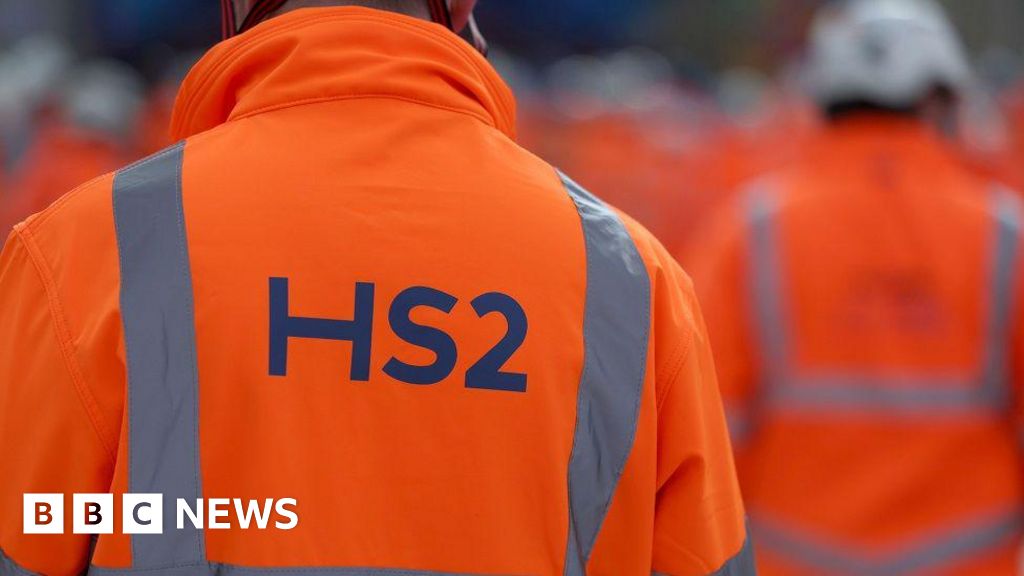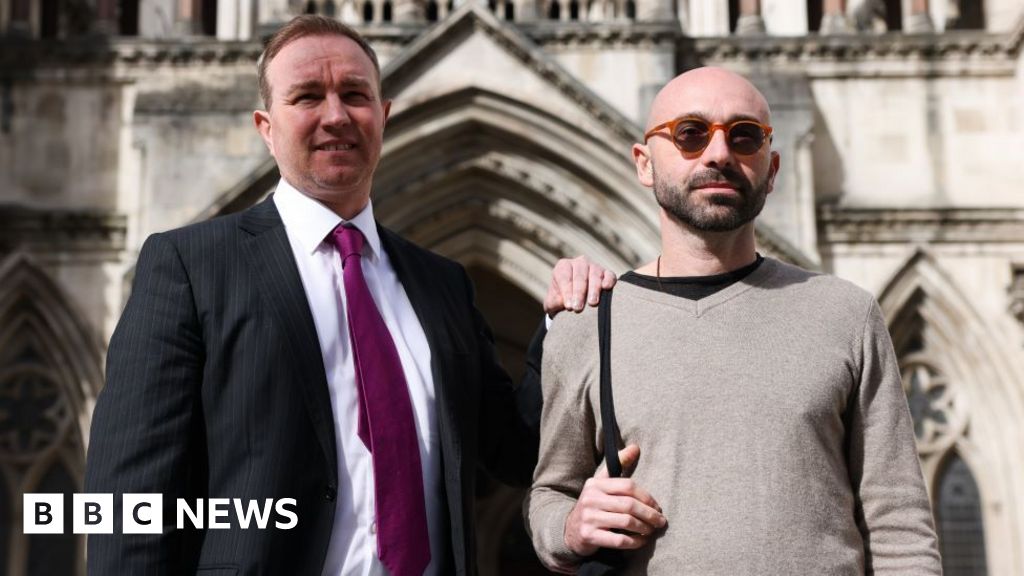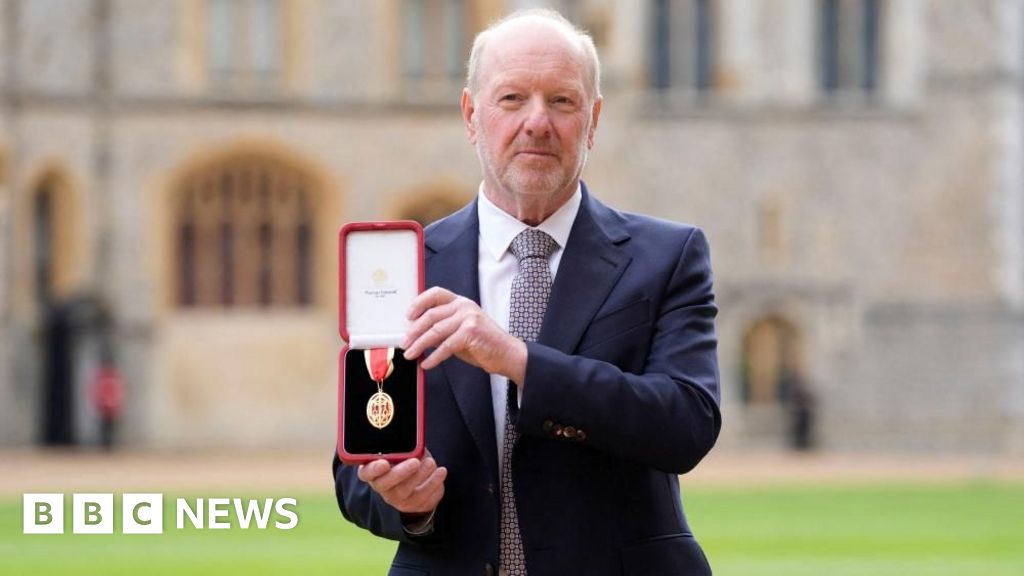ARTICLE AD BOX
The Bank of England has voted to keep interest rates at their record low level of 0.1%, spurning calls for an increase to tackle surging inflation.
The Monetary Policy Committee (MPC) voted 7-2 in favour of no change.
Rates were cut to their current level in March last year in response to the effects of the coronavirus pandemic.
But the reopening of the economy has fuelled price rises, prompting expectations that the Bank would increase borrowing costs.
The Bank has signalled it will raise interest rates in "coming months" as it warned of a two-year cost-of-living squeeze for households.
Investors were betting on an immediate rate rise. But policymakers stopped short of this, saying there was "value" in waiting to see how the jobs market coped with the end of the furlough scheme.
How much further could prices rise?
Electricity and gas prices have surged as the global economy reopens.
Factories and businesses are also struggling with staff shortages and a backlog of orders, which has also pushed up prices.
The Bank expects inflation to peak at 5% next April, up from 3.1% in September.
This would be the highest rate in more than a decade and far higher than the Bank's target of 2%.
The Bank said households faced "substantially" higher energy bills next year.
Policymakers also said food prices were likely to rise in the run-up to Christmas.
However, they added that the sharp increase in inflation was expected to be "temporary", with price rises expected to ease back towards 2% in the second half of next year.
What does this mean for households?
Higher inflation is expected to put pressure on household finances for the next two years.
The Bank's latest Monetary Policy Report expects price rises to outpace pay increases in 2022 and 2023.
So-called real incomes are expected to barely grow in 2024.
High Street banks use the interest rate set by the Bank's MPC to set their own mortgages and savings rates.
While an increase in interest rates would have been bad news for borrowers, many mortgage holders would not have faced an immediate increase in payments.
Three quarters of mortgage holders are currently on fixed-rate deals.
What about the economy?
Higher prices are expected to weigh on growth in the near term.
The Bank now expects the economy to grow by 1.5% in the three months to September.
This is almost half the rate expected at its previous forecast in August.
As a result, the economy is not expected to get back to its pre-pandemic size until the start of next year. It had previously expected the economy to recover by the end of 2021.
The Bank also cut its forecast for annual growth in 2021 and 2022 to 7% and 5% respectively, down from 7.25% and 6% previously.
Be in no doubt, people and businesses should prepare for rates rising in the coming months, perhaps as high as 1% from their record lows of 0.1%, but not precisely this month. The message from the Bank of England is that the economy has been hit by supply chain bottlenecks, both for goods and workers, pushing back the time when the economy regains all the lost pandemic growth into early next year. And while the inflation picture is now worse, with a forecast peak of 5% when the energy price cap is due to be further increased in April 2022, there is not much the Bank thinks it can do about the global drivers of this.
Where the Bank can act is around the persistence of this inflation into 2023 and 2024. They do now feel there is a risk that pressures from rising prices last. If interest rates were kept at these emergency lows, the Bank forecasts inflation would still be about 3% in late 2024. But acting now would have required immediate evidence of a spiral in wage rises across the economy. On balance, the members of the Bank of England's Monetary Policy Committee want to see official data in a fortnight on the impact of the end of the furlough scheme on the jobs market.
On the bigger picture, the government will be heartened by new forecasts of unemployment falling further to 4%. However, as with the Office of Budget Responsibility forecast last week, there is very little sign of what the chancellor has referred to as the "prime minister's new economy" of high wages and high productivity. Forecasts for productivity remain very low, and post-inflation, post-tax wages and salaries are now forecast to fall over the next two years by 1.25% next year and 0.75% the year after. Pre-financial crisis, this grew on average for nearly two decades by 3.25% per year.

 3 years ago
74
3 years ago
74








 English (US) ·
English (US) ·